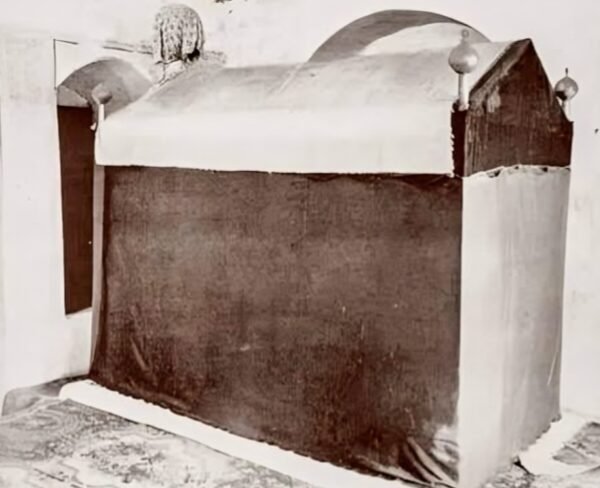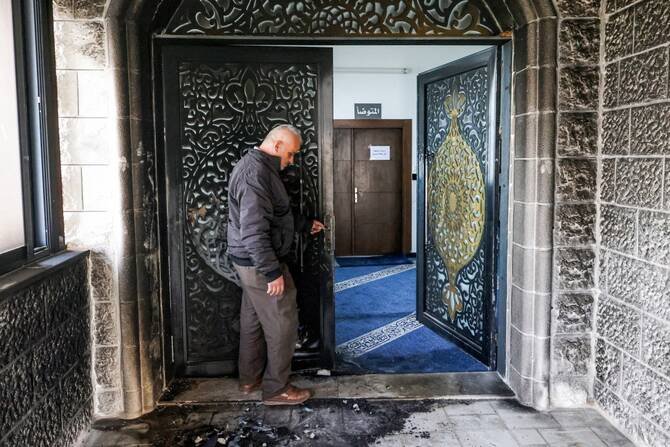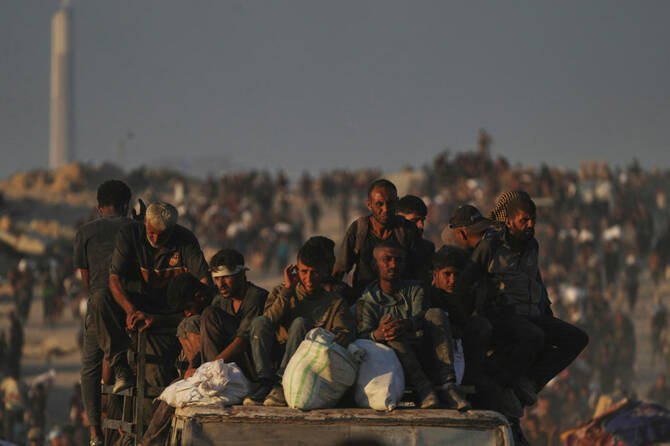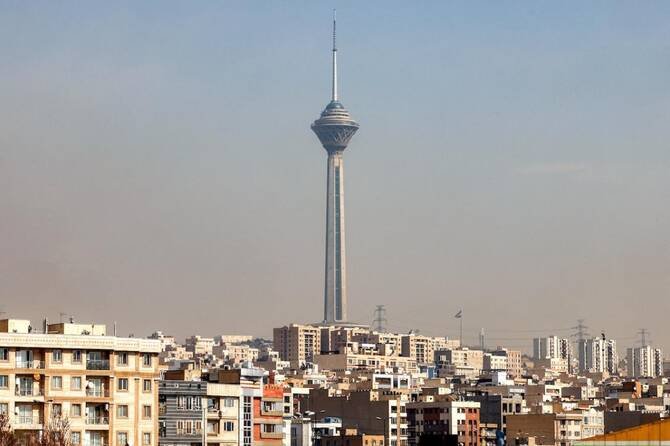Author: (AP)Tue, 2017-04-04 03:00ID: 1491297103817924700
WASHINGTON: Jared Kushner and Ivanka Trump, presidential relatives with powerful White House jobs, can help shape America’s foreign and domestic policies.
They’ve also built a business empire worth as much as $740 million that has ties around the world, newly released financial disclosures show.
What happens when their government and private sector worlds collide?
Like other federal employees, the daughter and son-in-law of the president are required to adhere to transparency and ethics rules, and by law they cannot take any action in their government positions that affects their individual financial holdings.
New disclosures of the breadth and tangle of Kushner’s financial holdings demonstrate why determining whether either White House adviser is violating the rules is no simple question. If they help the president on tax reform, trade policy or banking regulations, the couple is likely to face a steady stream of ethics challenges and calls for recusal, forcing them to balance their desire to work on those issues against the political impact that negative attention may bring to the president — and themselves.
“The problem with conflicts is that they rarely present themselves in black and white,” said Peter Henning, a law professor at Wayne State University who wrote a book about public corruption.
President Donald Trump doesn’t face the same issues. The president, who broke with precedent and decided to retain a financial interest in his real estate empire, and vice president are not subject to the conflicts of interest laws that govern his employees, although the anti-bribery statute and others do apply. Trump has said he believes he can’t have a conflict.
“I could actually run my business and run government at the same time,” he said in January. “I don’t like the way that looks, but I would be able to do that if I wanted to.”
White House officials, meanwhile, may face regular dilemmas, including assessing whether they’re getting too close to crossing a legal line. That’s not so simple.
It might “look bad” if Kushner helps negotiate a tax reform proposal that continues to allow real estate investors such as himself to carry forward losses, Henning said. But because so many in his industry would benefit, Henning said Kushner would probably be on the right side of the conflict laws — even if there is a political price to pay.
If, however, Kushner presses for a special tax provision that only he and a few others would benefit from, “well, there you’re getting much closer to a real conflict,” Henning said.
Richard Painter, a former White House ethics counselor to President George W. Bush who has been sharply critical of the Trump administration’s handling of conflicts issues, argues, however, that banking regulation, taxes and trade cut too close to Kushner and Ivanka Trump’s interests. “I think there are pretty clear problems with the criminal statute if they weigh in on any of those areas,” he said.
Kushner and Ivanka Trump will recuse themselves from advising on policies when necessary, their lawyers say, though they haven’t publicly spelled out when they would do so.
Kushner and Ivanka Trump are working with outside attorneys, the Office of the White House Counsel and the Office of Government Ethics say. They resigned from all positions at their companies and have divested from 58 of what could have been the most problematic businesses and investments, such as a Manhattan skyscraper seeking new investment partners.
Still, Kushner holds hundreds of remaining entities, most of them tied to commercial real estate. Ivanka Trump continues to benefit from her fashion brand, which includes clothing largely manufactured overseas and imported.
Divesting, as Kushner did with the skyscraper, is the first — and, according to government watchdogs, best — step in avoiding conflicts of interest.
Like Kushner, others joining the White House have sold or are selling certain troublesome holdings. For example, former Goldman Sachs executives Gary Cohn, Trump’s chief economic adviser, and Dina Powell, deputy national security adviser, are divesting from their Goldman holdings, according to the financial disclosures and paperwork from the Office of Government Ethics.
Officials also can recuse themselves, meaning that a government employee steps aside on issues that can help his or her individual financial holdings. Failure to do so can lead to a Department of Justice investigation.
In addition to his Goldman holdings, Cohn also indicated he is selling roughly $17 million worth of stock in the Industrial and Commercial Bank of China. He has now completely divested from those assets, White House spokeswoman Lindsay Walters said late Monday.
Until that transaction was finalized, Cohn should have been recusing himself from all economic issues involving China, some government watchdogs argue. Trade, especially with China, is one of Trump’s core issues. The president is holding a summit with Chinese leaders later this week at his Mar-a-Lago resort in Florida.
“At the end of the day, there’s a lot of self-policing that takes place here,” said Scott Amey, senior counsel for the Project on Government Oversight, an outside group in Washington that monitors ethics issues.
It is up to the employee to share information about business relationships that may pose conflicts, and then it is up to the White House ethics counselor to take a “hands-on” approach in making sure the employee does not cross any ethical boundaries, he said.
Main category: WorldTags: WashingtonIvankaTrumpJared2017White HouseForeignJopsAmericaKushnerfashionrelated_nodes: Passenger removed from flight after confrontation with Ivanka Trump — reportsSales of Ivanka Trump apparel slumped at Nordstrom: Report








